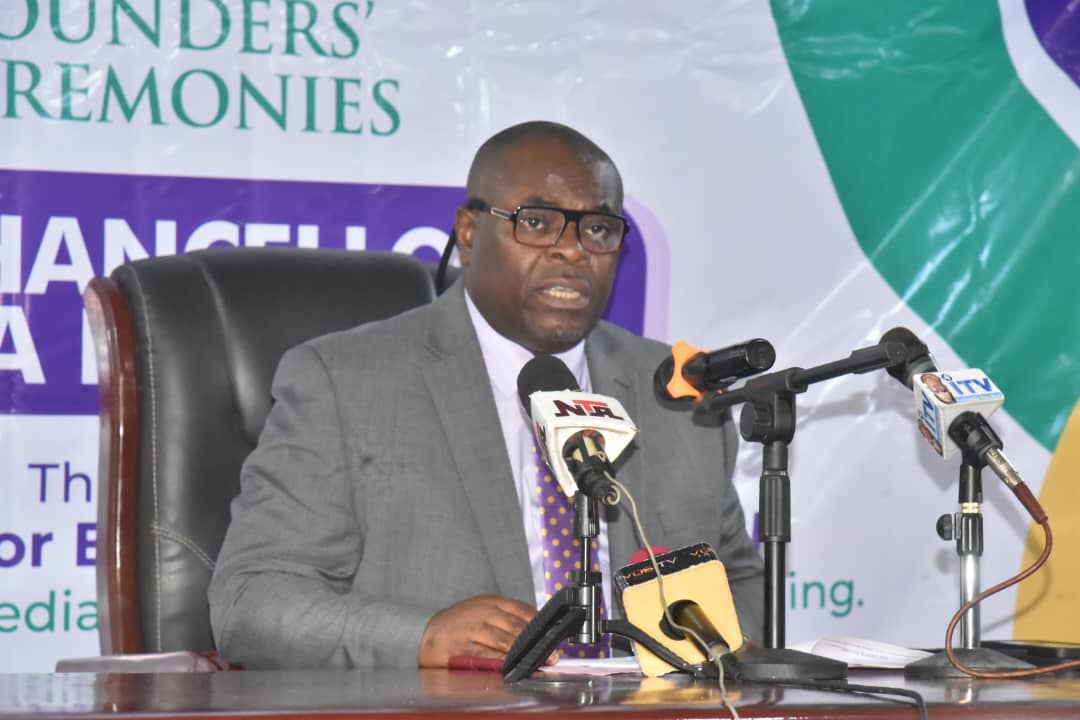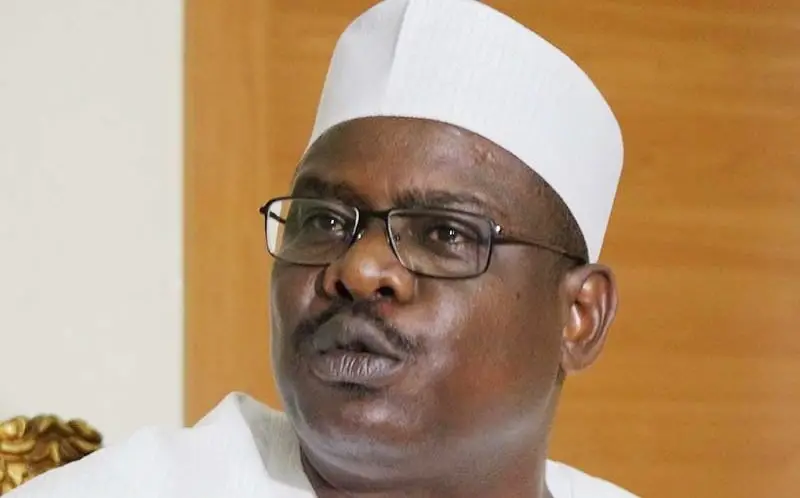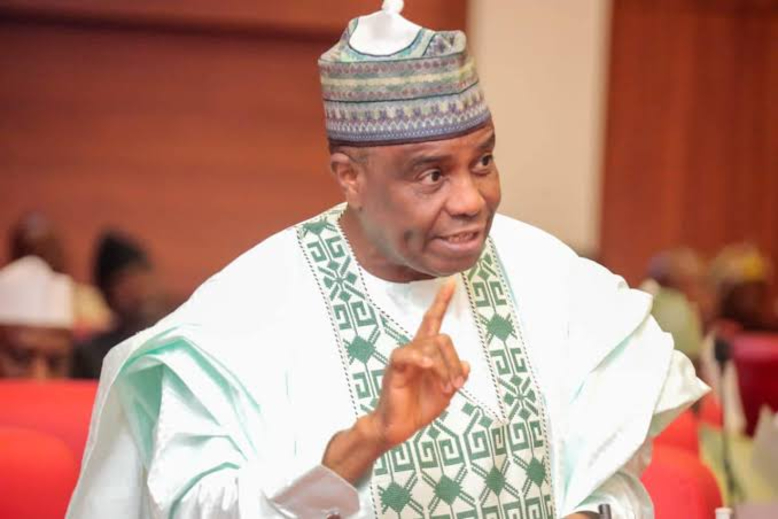News
198 UNIBEN Students Bag First Class

A total of 198 students of the University of Benin (UNIBEN ) Edo State, bagged a First Class degree out of 14,083 students to be awarded first degree at the institution’s 51st Convocation and Founder’s Day ceremony.
Vice Chancellor of UNIBEN, Prof. Edoba Omoregie, disclosed this on Monday in Benin at a pre-convocation press briefing.
He said 4,217 students bagged a Second Class Upper, 7, 928 got a Second Class Lower, while 578 bagged a Third Class degree.
Omoregie said the result was indicative of the seriousness of staff and students to ensure that the institution marched on with vigour.
READ ALSO:UNIBEN Bans Students’ Sign-out Celebration
He said 15 new approved programmes by the National Universities Commission (NUC) would commence in the 2025/2026 academic session.
Prof. Omoregie said the Veterinary Medicine programme which earlier suffered an accreditation hiccup before he assumed office had been accredited by the NUC.
According to him, “The wheel of progress is on course and moving steadily in the University of Benin. This administration is poised to deliver on its mandate of effective, practical teaching, sound learning, result-oriented research and impactful community service.
READ ALSO:UNIBEN Bars 5000 Students From Writing Exam
“We must applaud the President Bola Ahmed Tinubu, for establishing NELFUND, and by so doing significantly reducing the financial stress of students in the process of acquiring tertiary education. We enjoin students and their parents to take full advantage of the federal government’s benevolence in instituting the fund.”
Prof. Omoregie disclosed that Nigeria’s Minister of Regional Development, Engr. Abubakar Momoh, would deliver the Founders’ Day lecture with the topic, “Reforms for a Shared Prosperity”.
The UNIBEN VC said Director General of the Nigerian Institute of International Affairs and Former Vice Chancellor of Igbinedion University, Okada, Edo State, Professor Eghosa Osaghae, would deliver the Convocation Lecture on the theme, “Making Our Universities Great”.
News
New Tax Laws: Suspend January 2026 Implementation — Senator Ndume Tells Tinubu

Former Senate Leader, Ali Ndume has appealed to President Bola Ahmed Tinubu to suspend the January 1, 2026, implementation of the country’s new tax laws amid growing controversy.
The federal lawmaker made the appeal in a statement he issued on Wednesday in Abuja.
This comes as the Nigerian Bar Association demanded the suspension of the implementation.
Recall that a member of the House of Representatives, Abdussamad Dasuki, had last week called the Parliament’s attention to alleged alteration to the tax laws.
READ ALSO:FIRS Confirms NIN As Tax ID
Chairman of the Presidential Fiscal Policy and Tax Reforms Committee, Taiwo Oyedele, in an interview on Arise Television on Wednesday, called for calm over claims of alterations in tax laws and urged Nigerians to allow lawmakers to complete their investigation before drawing conclusions.
Speaking on the ongoing controversy about the tax laws, Ndume noted that proceeding with the implementation without getting to the root of the alleged forgery will create a legitimacy challenge for the tax laws.
His statement read, “With the controversy surrounding it, the President should constitute a team to verify the veracity of the claim and act accordingly.
“As the responsive leader that he has always been, he should look at it to find out if the copy that was signed and the claim of alterations are genuine so that he will do the needful to bring the controversy to rest.
READ ALSO:US Threatens To Sanction Countries That Vote For Shipping Carbon Tax
“If not, the controversy will continue.” That is to say, the tax law will not be implemented, because you can’t build on nothing.
“So, Mr. President should suspend the implementation until the issues are resolved because so many civil society organizations, the Arewa Community, and the Nigerian Bar Association are saying that he should withdraw the tax law and investigate the allegation of forgery.”
“Therefore, Mr President should get to the root of the allegation of forgery. The small committee that will be set up should look into it while the House of Representatives does its own.”
News
Tambuwal Engages Security Agencies As US Airstrikes Hit Own LG In Sokoto

Senator Aminu Waziri Tambuwal, representing Sokoto South, has called on residents of Sokoto State to remain calm following reports of United States airstrikes targeting ISIS-linked terrorists on Christmas Day.
In a statement posted on his personal X account, the former Sokoto State governor said he was aware of reports concerning the airstrikes, which marked a direct US military action in Nigeria based on intelligence about ISWAP threats, and urged citizens to remain law-abiding while authorities clarify the situation.
“I have noted the reports concerning an airstrike carried out as part of ongoing counterterrorism efforts through cooperation between the federal government of Nigeria and the United States,” Tambuwal said. “I urge our communities to remain calm and law abiding as relevant authorities clarify the circumstances surrounding the operation.”
READ ALSO:US Dept Of War Shares Video Of Air Strikes In Nigeria
Tambuwal assured constituents that he was engaging with relevant security agencies to obtain full details of the operation and to ensure that necessary things were in place to protect civilians.
“I wish to assure the people of Sokoto South that I am in active talks with relevant security authorities to obtain full details and ensure that all necessary safeguards are upheld,” he added.
The senator emphasised that counterterrorism operations were aimed strictly at criminal and terrorist elements threatening public safety, not innocent civilians who are often victims of insecurity. He stressed that the protection of civilian lives must remain central to all legitimate security actions.
He further called on community leaders, traditional institutions and residents to work closely with security agencies by sharing credible intelligence and resisting misinformation capable of causing fear or heightening tension.
News
Rep Moore Confirms 12 Tomahawk Missiles Launched In Sokoto

No fewer than 12 Tomahawk missiles were on December 25 launched against terrorists in Sokoto State by the United States military.
Rep Riley M. Moore, the lawmaker representing Virginia’s Second District in the Congress, confirmed this in an interview with Fox News.
The US military operated in Sokoto State on Christmas night, bombing terrorists killing innocent people in parts of Nigeria.
READ ALSO:Trump’s Airstrikes: Halt Military Cooperation With US Immediately – Sheikh Gumi Tells Tinubu Govt
Some security analysts claimed on Friday that the operation was unsuccessful and had no significant impacts on the targeted terrorists.
According to them, the airstrikes landed in safe places including farms where there was no history of terrorists’ hideout.
But details began to emerge on Friday night, indicating that several terrorists were killed during the joint operations between the US army and it’s Nigerian counterpart.
READ ALSO:Nigerian Ringleader Of Nationwide Bank Fraud, Money Laundering Jailed In US, Says FBI
Moore said: “This year, thanks to President Trump, Radical Islamic Terrorists were on the receiving end of 12 Tomahawk missiles as a present.
“The successful strikes on ISIS, in coordination with the Nigerian government, is just the first step to secure the country and end the slaughter of our brothers and sisters in Christ”.
DAILY POST reports that residents of Sokoto State have been panicking since the US military operation.

 News5 days ago
News5 days agoUBTH CMD Marks 120 Days In Office, Expresses Commitment To Providing Conducive Working Environment

 News5 days ago
News5 days agoFIRS Confirms NIN As Tax ID

 Metro5 days ago
Metro5 days agoFintiri Pardons Man Sentenced To Death For ‘Killing Herdsman In Self-defence’, Others

 News4 days ago
News4 days agoJUST IN: Kano Lawmaker, Sarki Aliyu Daneji, Dies Hours After Colleague’s Passing

 News4 days ago
News4 days agoFULL LIST: Churches That Don’t Celebrate Christmas

 News5 days ago
News5 days agoOPINION: My Man Of The Season

 News5 days ago
News5 days agoKWAM 1 Withdraws From Awujale Race, Ends Court Challenge

 Metro5 days ago
Metro5 days agoPetrol Tanker Crashes Into Akpabio’s Convoy, Kills Police Dispatch Rider

 Headline2 days ago
Headline2 days agoJUST IN: US Forces Bomb Terrorists Camps In Nigeria

 News3 days ago
News3 days agoOkpebholo Slams ₦25bn Libel Suit On Edo PDP Chairman




























